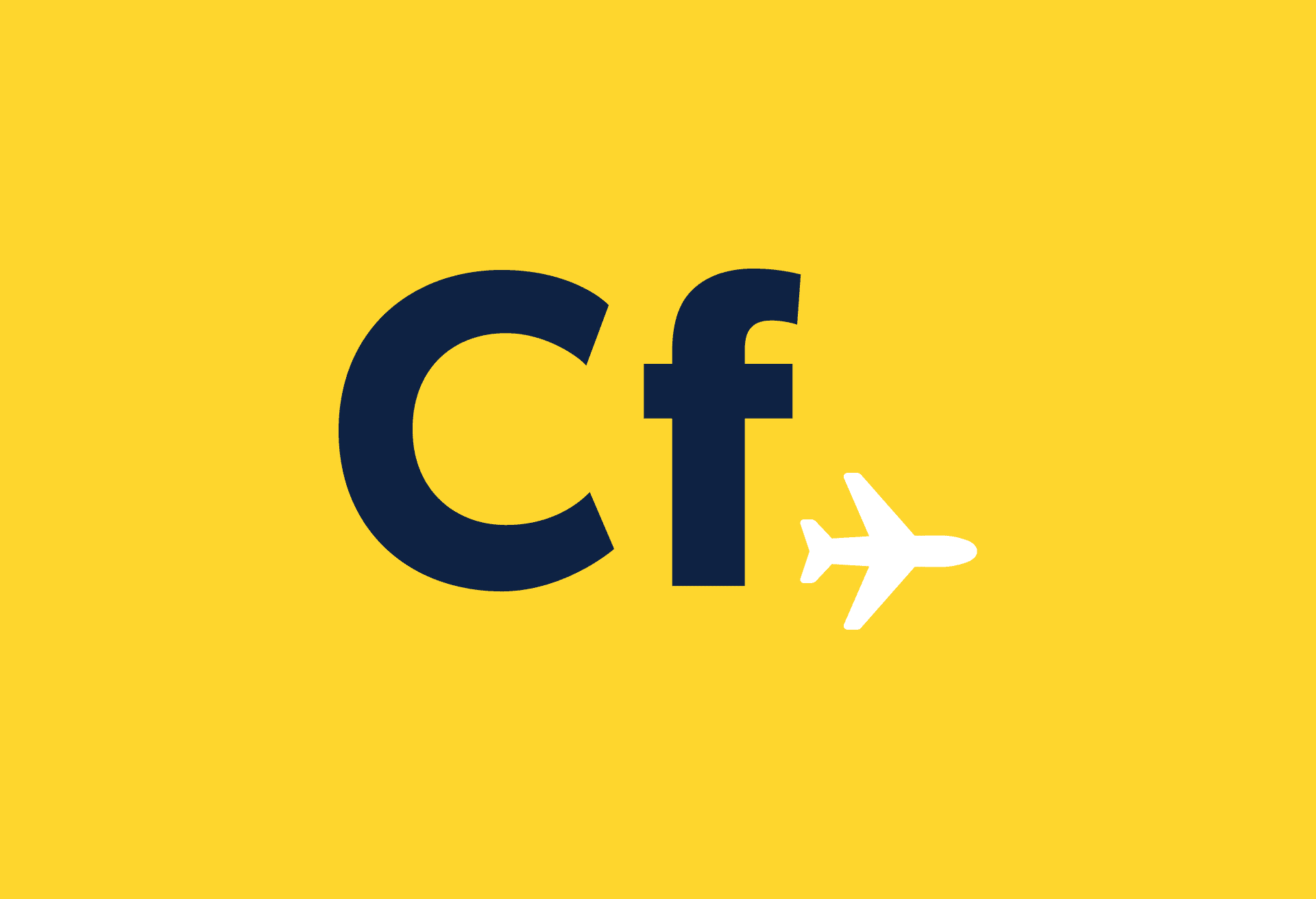Tips for exchanging currency when you travel
The value of the US dollar can be confusing, especially if you’re planning international travel. What’s the exchange rate? How does the dollar convert against other currencies? What fees are incurred for exchanging money? Is it worth it to leave the country?
When planning an international trip, these questions and more can dictate where you travel, how long you stay and how much you pay. And the choices can be overwhelming.
What is the exchange rate?
Simply put, the exchange rate is the price of one country’s currency expressed in another country’s currency. This is the rate at which one currency can be exchanged for another. For example, the higher the exchange rate for one dollar in terms of one euro, the lower the relative value of the euro. As of the time of this article (Aug. 2011), $1 amounted to €0.70 euro, which means the dollar is weak in exchange against the euro. In other words, US travelers vacationing in Europe might not get the best value for their dollar.
So why do we care? The exchange rate not only helps travelers purchase goods and services in other countries, but the exchange rate also facilities trade between countries and helps with price comparison of similar goods in different countries. The exchange rate can influence the import and export of foreign goods as easily as it can influence where and when you travel.
How does the exchange rate work?
The exchange rate is determined by a number of factors including the country’s government, the stock market, interest rates, inflation and general consumer interest and expectation. Basic supply and demand rules apply to the fluctuating exchange rate – the more in-demand a currency is by its consumers, the higher its value.
Getting the best exchange rate
When it comes to exchanging money, it’s not as simple as a dollar for a yen. There are handling fees, transaction fees and more that will influence how much money you actually get for your currency. So where do you start? There are plenty of places to exchange money including:
- Banks
- Exchange bureaus
- ATMs
- Credit cards: this isn’t really a money exchange so much as a form of payment in other currencies.
But which alternative gets you the best price for your currency? Christopher Elliott, travel columnist for MSNBC.com and author of the Travel Troubleshooter blog, says ATMs are the best form of exchange when you’re traveling.
“Exchange bureaus typically charge sky-high commissions,” he says. “Local banks are my preference and I use my ATM or credit card with reasonable exchange rate fees.”
As Elliott points out, doing your research is half the battle. Before you hit the ATM on the Champs-Élysées, make sure you check with your bank to find out what they’ll charge for transaction fees. The same rules apply when using your credit card.
“You have to do your research before you leave. Check with your credit card company, and if it charges unreasonably high fees, find one that doesn’t,” says Elliott.
How far will your money go?
Everyone is looking to cut costs at any corner, and travel is no exception. You expect to pay more for a champagne cocktail in St. Tropez or an authentic oil painting from Montmartre, but how do you know when you’re getting taken advantage of in another country? Before planning your vacation overseas, check out currency converter calculators and watch the exchange rates. Check out the XE Currency Converter which provides live currency rates.
“I think travelers have to be more aware of where the bargains are,” says Elliot. “For example, if you want a European vacation, try Portugal instead of France, or go to one of the central European countries, which are still a relative bargain when compared with, say, England.”
Some other quick tips from Elliott include:
- Don’t wait until the last minute. You could end up with a deal, but more likely you won’t find a seat on the plane.
- Buy a package deal (air, hotel, and car) which will help you save big money.
- Look for dollar rate guarantees when you book your hotel. That way, you’ll be protected from any fluctuations in your currency.
Most importantly, don’t let the exchange rate discourage you from traveling the world. While the dollar may be weak against the euro and in some countries throughout Asia, it’s strong in other parts of the world. Think of the exchange rate as an opportunity to travel to new parts of the globe and let the dollar take you to undiscovered places.
(Featured image: epSos.de)



